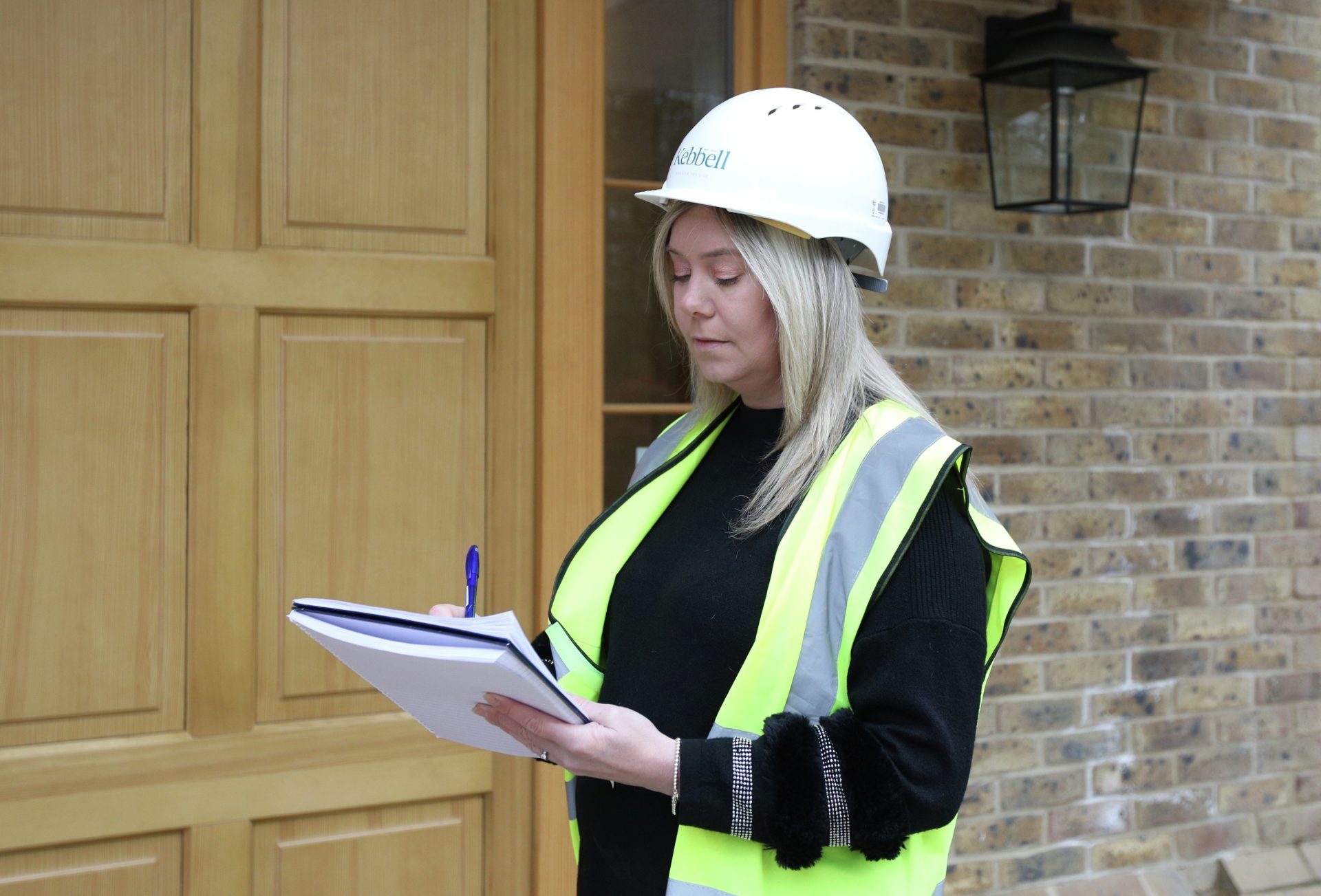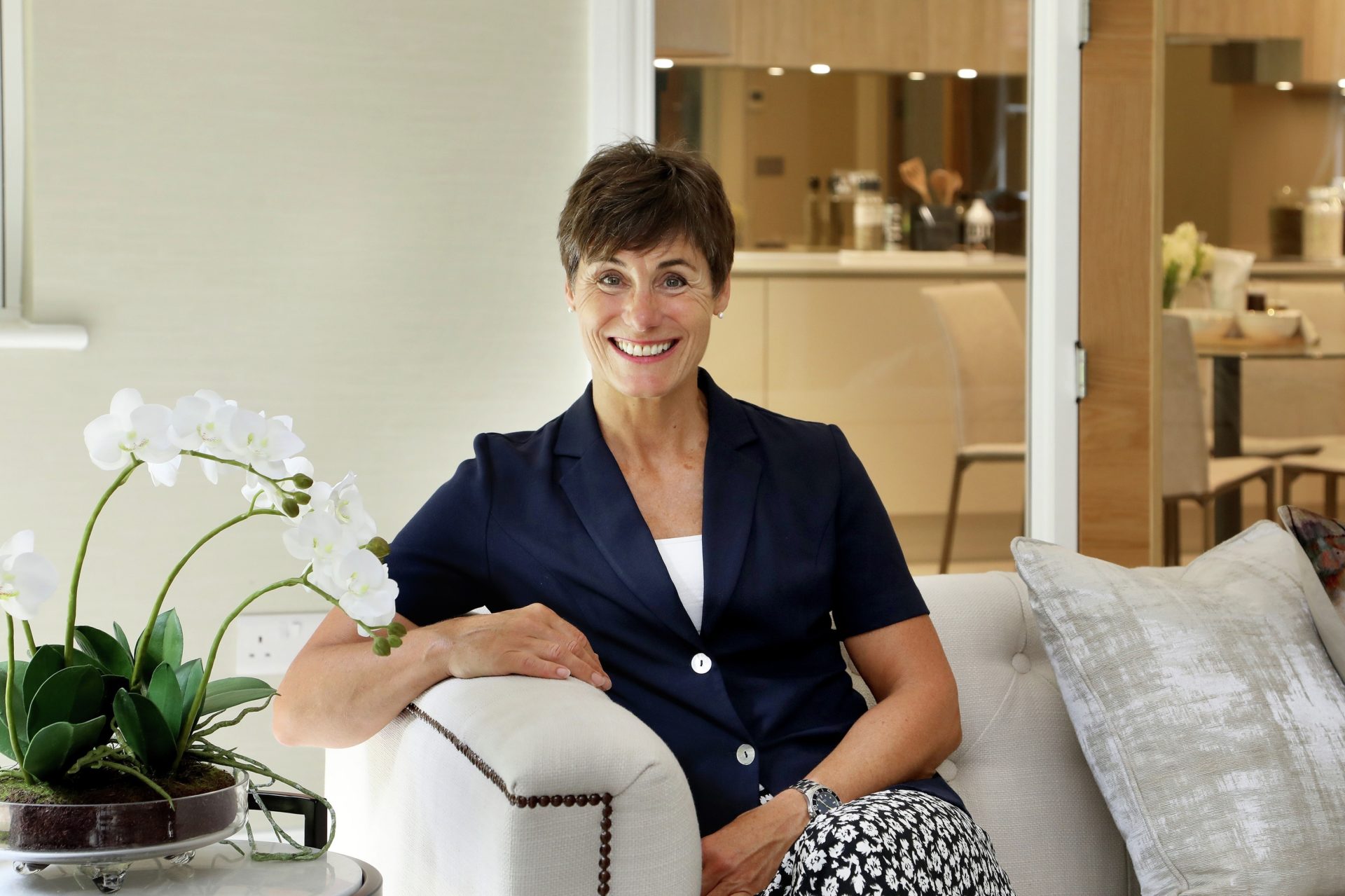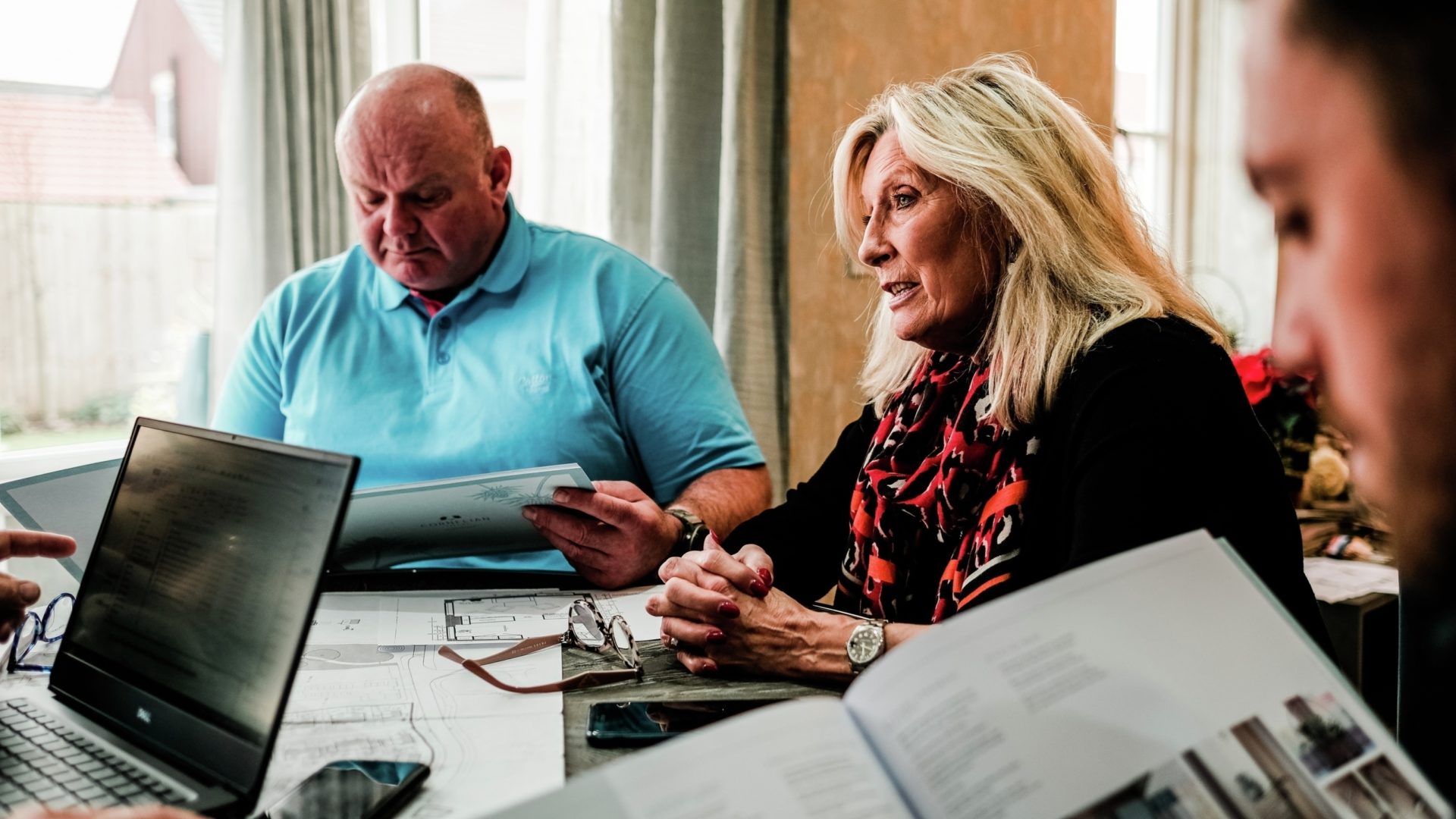
Why does the property industry need more women?
Andrea Fawell, Sales and Marketing Director: “Diversity, inclusion and equality means a healthier and more creative work environment, promotes new thinking, fights stereotypes and promotes respect. Women also tend to be good champions of other women including those of other races and ages.”
Linda Tillisch, Northern Regional Sales Manager at Kebbell: “The fact is that men and women do often bring different things to the table so of course there is a huge advantage to having different ways of thinking. Women also tend to be doers and are naturally good at multi-tasking in my experience.”
Surveyor, Louise Warren says: “Each role needs the best person suited for that particular job regardless of gender. We do see many more women in the industry now and I think that’s because of the perception of women staying at home with the kids these days has completely flipped. Employers respect that women are strong, empowered, inspiring and are excellent leaders. I am inspired by women that I know who work in the industry, notably my sister a former director at a Housing Association.”
What do you think women in the industry want?
Andrea: “There is still a slightly alpha male culture and a persistent leadership gap in senior roles and pay but it is getting better. Women in any industry want equal status and pay but also equality in possibilities, opportunities and decision making. They don’t want positive discrimination, but to be in their position because they are the best person for that role. They want to be trusted, respected, listened to and recognised for their contribution.”

What can men do to help?
Andrea: “Gender equality is not a woman’s issue. Men should speak out if they see any sort of bias, harassment, or discrimination. Most people are unaware that they are being biased unless it is pointed out to them, and many would be mortified to know they are causing offence. Boys are now being brought up as feminists too which is wonderful.”
What barriers or challenges have you overcome in the industry?
Andrea: “There is still a long way to go because many women feel they need to provide additional evidence of their competence rather than being valued and judged on their skills and work. I know I used to try to conform or put up with sexism on site but that is much improved. If I am honest, I used to have to use my female guile to get my way in 80s and 90s when I was on a building site but that is now completely off the agenda. If there is someone who doesn’t respect women in the industry they are immediately called out. Women are now working across all disciplines, standing shoulder to shoulder with their colleagues.”
Louise: “I still feel that attitudes towards women can sometimes be difficult. Sometimes I am met with a mindset that I somehow can’t understand something, or won’t be able to deal with something, or that as women we are somehow weak. Most of the people that I work with or have met, know, or learn pretty quickly that I’m very capable”
Linda: “Being largely a male dominated industry it sometimes takes time to gain the trust and respect of colleagues. I find humour and diplomacy works best in most situations and often helps to break down barriers.”

As a woman what would you change about the property industry?
Louise: “There is still a frustrating lack of women in the trades and as site mangers. These are both brilliant careers.”
Andrea: “There are also not enough women at CEO level but that won’t happened until equal parenting becomes more normal in society. We need to review working practices and salaries to ensure that employees are being paid equally according to their role. Any recruitment process needs diversity in the interview panel and we need gender blindness built in to the process and to check that bias and assumption don’t cloud our judgement. Having strict, clear and effective policies against harassment in the workplace is vital.”
Linda: “Flexibility is really important. There is still an assumption that women may not be able to handle as much work as men because of family commitments, so men are often given more opportunities and responsibility in the industry. Sales is often seen as the main female role in the industry, but times are changing with the introduction of new female apprentices across the trades.”
What is your proudest career moment?
Andrea: “Coming back to a senior role after two daughters and being able to happily balance my work and children. They were two and three years old and I was 37 years old at the time. I had gone part time and taken more of a back seat, but I kept my hand in and then came back a more rounded colleague in the property industry and a better mum.”
Linda: “When I have stood in an empty field knowing we are building homes for future generations and then feeling proud of what we achieve particularly when you finally give someone the key to their dream home.”
Louise: “I have had credible achievements, but I feel like there is much more to come. Maybe our new development in Ascot on the London Road will top the list.”

What do you value about the other women at Kebbell?
Andrea: “We are a really close team at Kebbell, and gender just isn’t important. We have a common goal and mutual respect. We all need to like and respect each other so that we can turn up and be the best version of ourselves and get through a large workload effectively. At work you are the average of the people you spend your time with.”
What advice would you give to other women?
Andrea: "Before, I think I wanted to make my family and children proud of me but as I have got a little older, I realise I want to make myself proud. Although it has been hard during the pandemic, you usually get out of life what you put in. I try to appreciate how fortunate I am but also how hard I have worked to get where I am. Keep working on your personal development and change things up; staying fresh keeps you on your toes. Supporting each other, having integrity and being honest means you come back stronger each day. We saw that so clearly in the first lockdown which brought out the best in most people”.